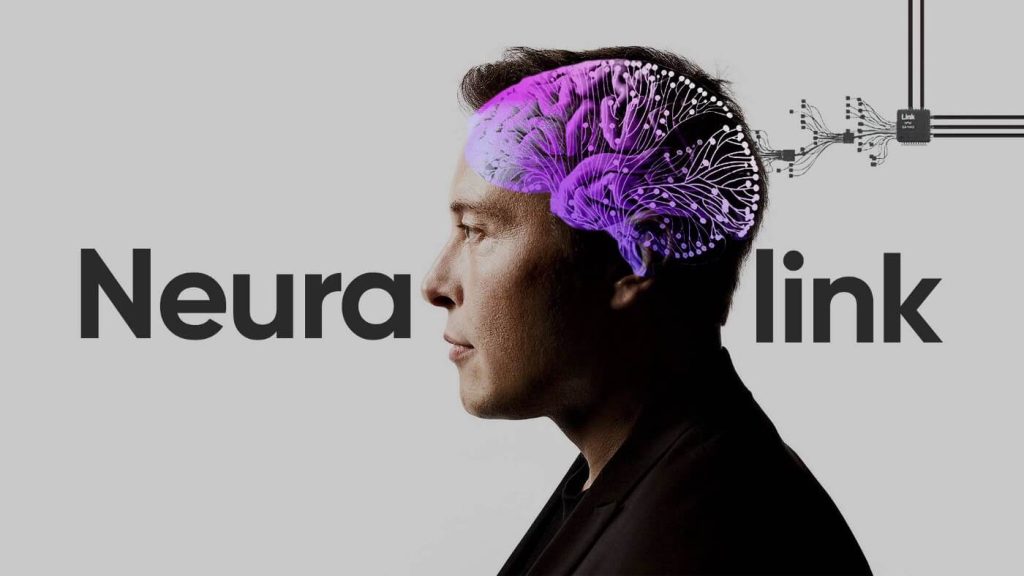According to media reports, Elon Musk, CEO of Tesla and SpaceX, posted a message on social media on Monday, announcing that his brain-computer interface company, Neuralink, had completed the first human brain implantation surgery, and the volunteer is now recovering well. Initial results show promising neuronal spike detection.
The news has sparked a lot of debate on X among netizens, who have different views on the application of the technology to the human body. Some are excited about Neuralink’s milestone achievement, believing that the technology will change human life, and want Neuralink to share more information about it. Others are worried about the procedure, fearing that the misuse of the technology will lead to Matrix-style consequences.
In a subsequent post, Musk revealed that Neuralink’s first product is called Telepathy (telepathy). He wrote: “Using only their minds, people will be able to control their cell phones or computers and through them almost any device. The initial users will be those who have lost the use of their limbs. Imagine the results if Stephen Hawking could communicate faster than a typist or an auctioneer. That’s our goal.”
Most of the details about the first mystery volunteer to receive the implant have not yet been released to the public, but according to Ashlee Vance, an author who previously wrote Musk’s biography Elon Musk: Tesla, SpaceX, and the Quest for a Better Future, the ideal candidate for Neuralink’s first human trials is “a person under 40 years of age with quadriplegia. adults under the age of 40 who are quadriplegic.”
Vance explained that while it takes surgeons several hours to perform open-heart surgery, it takes a robot only 25 minutes to implant a chip into the area of the brain that controls the hand, wrist, and forearm. He added: “Neuralink’s goal is to demonstrate that the device can safely collect useful data from that part of a patient’s brain, a key step in its endeavor to translate human thought into a series of instructions that a computer can understand.”
Neuralink was incorporated in California in 2016 and maintains its operations primarily with Musk’s personal funds, according to the profile. Earlier in 2023, the U.S. Food and Drug Administration (FDA) approved Neuralink for human trials of its device, which Musk described as a “Fitbit on the skull. “In September 2023, the company began recruiting volunteers for its first human trials.
Despite the controversy, Neuralink’s valuation has soared to $5 billion. The company has been plagued by ethical issues in recent years and has raised questions from neuroscience experts. To ensure safety, the company took a long time to get approval for human trials, especially from the U.S. Food and Drug Administration (FDA). The main issues involved challenges with the device’s lithium battery, the possibility of the implant wires moving inside the brain, and the safe removal of the chip.
Still, Musk has grandiose expectations for Neuralink, saying it will facilitate rapid surgical implantation of the chip device to treat conditions such as obesity, autism, depression, and schizophrenia.
Industry experts caution that even if the device proves to be safe and useful for humans, it could still take more than a decade for Neuralink to be licensed for commercialization. Technical and ethical challenges will need to be overcome and extensive testing will need to take place if the brain implant is to be widely used.
Musk has said that the ultimate goal of Neuralink is “to achieve symbiosis with artificial intelligence,” but for now his goal is much more modest: to allow paralyzed people to use their brains to control a computer’s cursor or keyboard. In a brochure about the study, Neuralink said it is recruiting quadriplegics over the age of 22 and expects the study to take six years to complete.
The company said in its brochure that it will use a surgical robot it has developed to place the implant into an area of the brain that can control motor intent. Once in place, the coin-sized, cleverly designed device could record brain signals and wirelessly transmit them to an app for decoding.
Neuralink has not yet announced the exact location of the implantation experiment or the number of volunteers participating. They are currently building a registry of potential participants to assess their eligibility for the experiment. In addition, Neuralink has not yet registered its study on ClinicalTrials.gov, a centralized U.S. database that provides information on clinical studies funded or sponsored by industry and government agencies.



